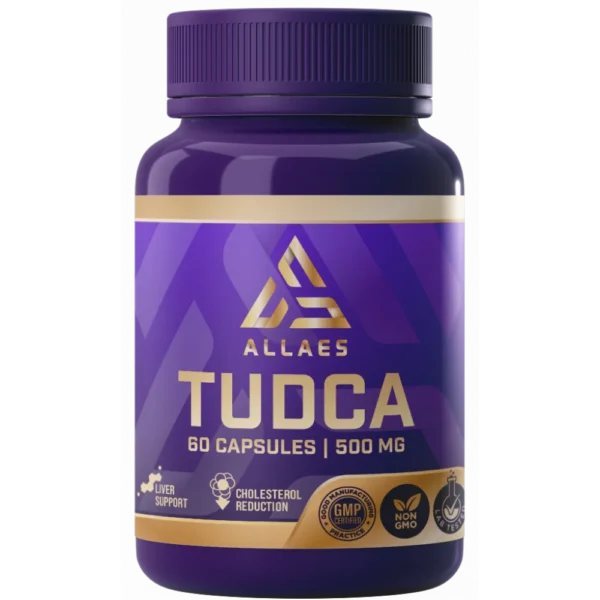


Tauroursodeoxycholic acid (TUDCA), a hydrophilic bile acid, has emerged as a promising therapeutic agent for neurodegenerative diseases due to its multifaceted protective effects. TUDCA is primarily known for its antiapoptotic and cytoprotective roles, particularly in the context of liver and neurodegenerative disorders. The molecule works by inhibiting apoptosis through the modulation of the endoplasmic reticulum stress response and regulating mitochondrial dysfunction. In neurodegenerative conditions such as Alzheimer's disease (AD) and Parkinson's disease (PD), TUDCA has demonstrated the ability to reduce amyloid-beta deposition, protect dopaminergic neurons, and alleviate mitochondrial dysfunction. For instance, in AD models, TUDCA reduces amyloid precursor protein processing, which in turn lowers amyloid-beta plaque formation, a key factor in disease progression. TUDCA's effects are also noted in PD models, where it counteracts oxidative stress and restores mitochondrial function, crucial for protecting dopaminergic neurons from degeneration. Clinical trials, though limited, suggest that TUDCA has beneficial effects in patients with amyotrophic lateral sclerosis (ALS), slowing disease progression and enhancing functional outcomes. Despite these encouraging results, the exact molecular mechanisms through which TUDCA exerts its effects remain an area of ongoing research. The challenge now is to translate these findings into clinical applications, particularly in retinal disorders and other neurodegenerative conditions, where TUDCA may offer a novel therapeutic strategy.
Daruich, A., Picard, E., Boatright, J. H., & Behar-Cohen, F. (2019). Review: The bile acids urso- and tauroursodeoxycholic acid as neuroprotective therapies in retinal disease. Molecular Vision
Disclaimer: Information provided it this page is for general information only and does not substitute for professional medical advice.
For detailed information about Tudca 500 by Allaes, consult with your doctor or healthcare professional.


Daruich, A., Picard, E., Boatright, J. H., & Behar-Cohen, F. (2019). Review: The bile acids urso- and tauroursodeoxycholic acid as neuroprotective therapies in retinal disease. Molecular Vision

Daruich, A., Picard, E., Boatright, J. H., & Behar-Cohen, F. (2019). Review: The bile acids urso- and tauroursodeoxycholic acid as neuroprotective therapies in retinal disease. Molecular Vision

Daruich, A., Picard, E., Boatright, J. H., & Behar-Cohen, F. (2019). Review: The bile acids urso- and tauroursodeoxycholic acid as neuroprotective therapies in retinal disease. Molecular Vision